mtu supplies Polish navy
The propulsion engines and generator sets for the power supply of the three new Miecznik multipurpose frigates for the Polish Navy are currently being built at the Rolls-Royce Power Systems Division in Friedrichshafen. Four 20-cylinder mtu Series 8000 engines with 8,200 kW each and four 12-cylinder mtu Series 4000 gensets with 1650 kW mechanical power each will be installed on each ship. The CODAD (combined diesel and diesel) propulsion system consists of two engines per shaft/propeller and can be used flexibly in different combinations - from single engine operation for slow patrols to high-speed operation at over 20 knots (37 km/h) with all four engines. With a cruising speed of...
Read More

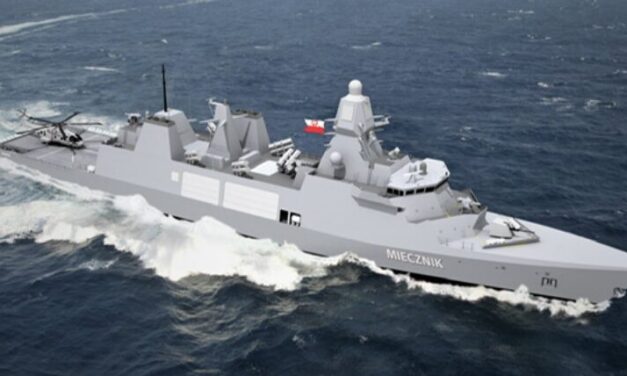
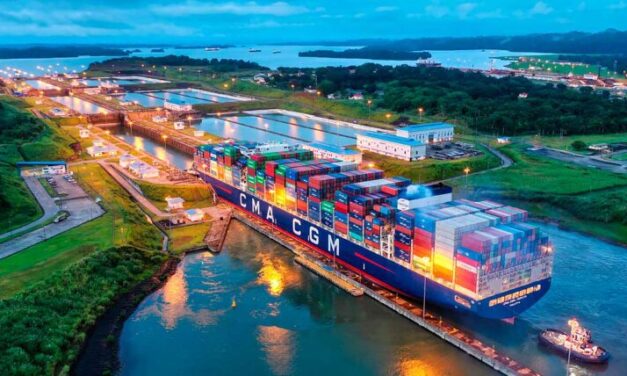
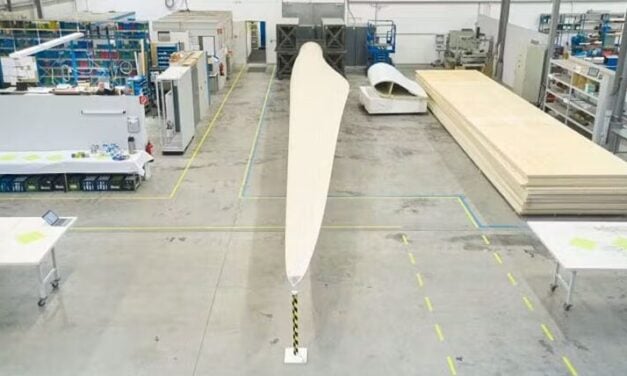
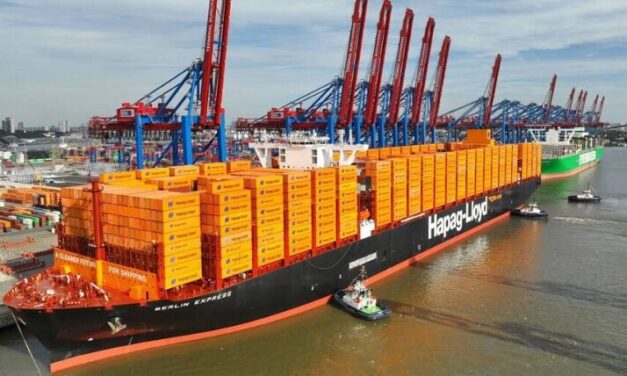
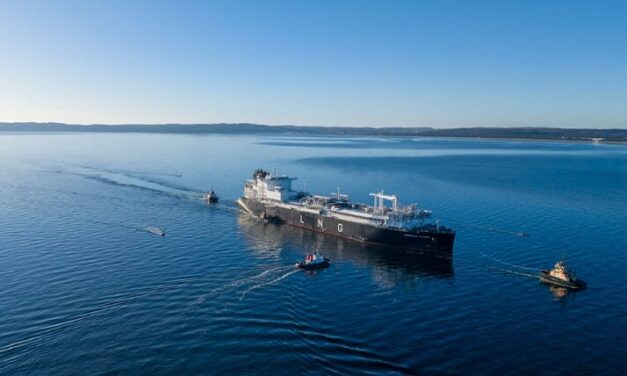
Recent Comments